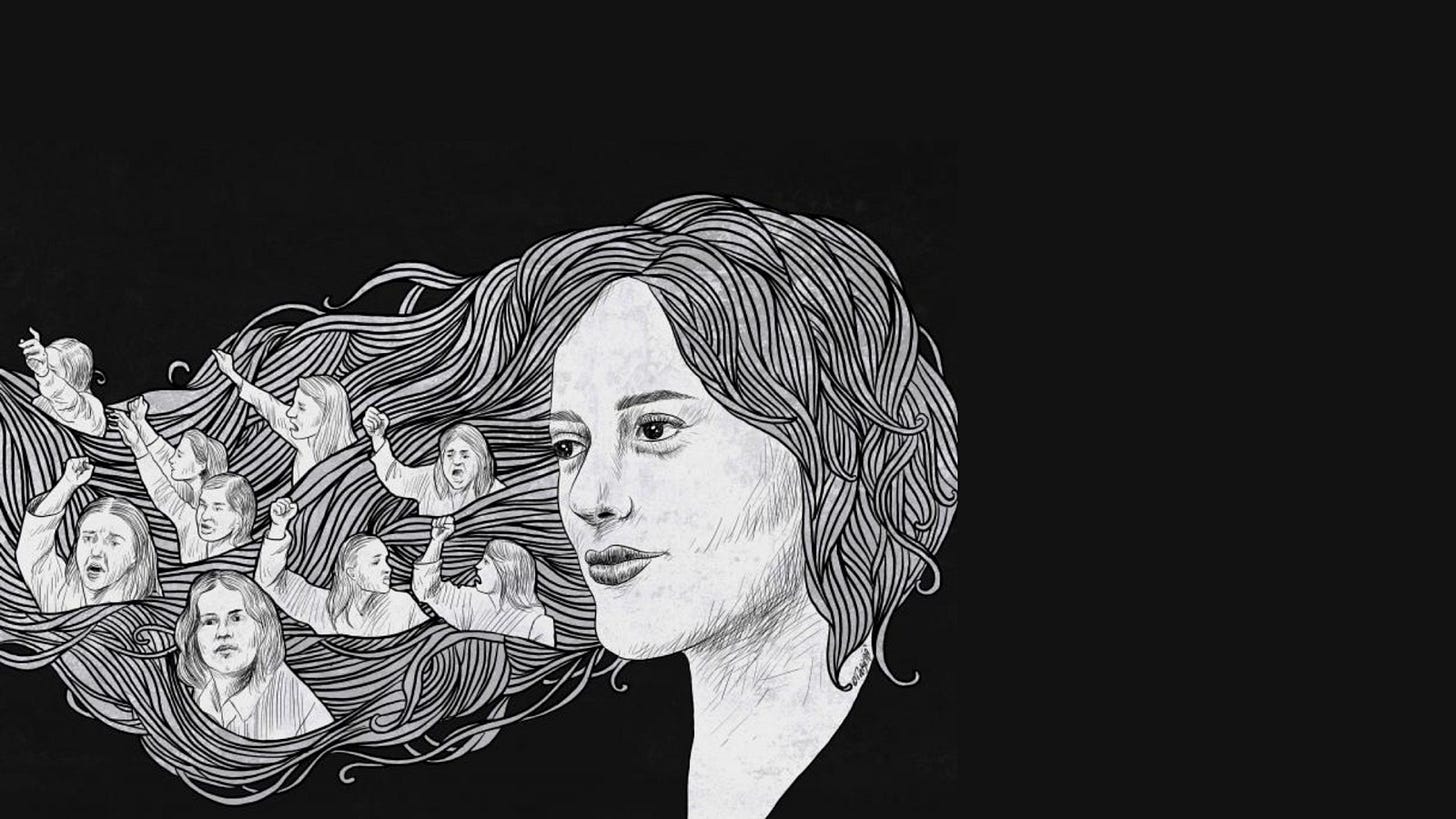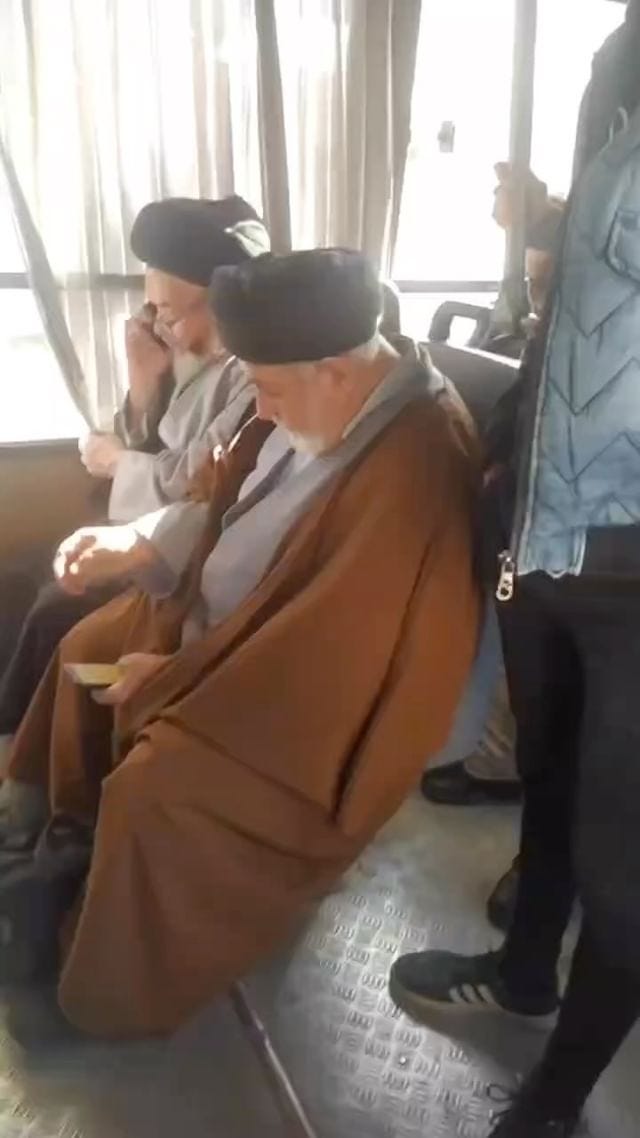Cancelling at a time of revolt: the case of the Iranian diaspora
There are many faces to a revolt. When I look at the protests in Iran, which began with Iranian Kurdish Mahsa Amini’s killing by morality police for not properly wearing the hijab and quickly ‘scale shifted’, as social movement scholar Sydney Tarrow[1] would coin it, I see both hope and brutality. Perseverance and despair. Since the beginning of the protests, more than 300 people have been killed, 14,000 people arrested. The UN called for further investigation of this ‘fully fledged human rights crisis.’ The Islamic Republic responded to the UN’s resolution as ‘useless.’
Another face of current Iranian politics is the factionalization within the diaspora.[2] As the situation at home got more heated, the conversation among the powerful figures of the diaspora got more tense. Certain academics and journalists are accused of supporting the Iranian regime. Journalists Negar Mortazavi and Farnaz Fassihi are just two examples who received continuous and coordinated online harassment by trolls




